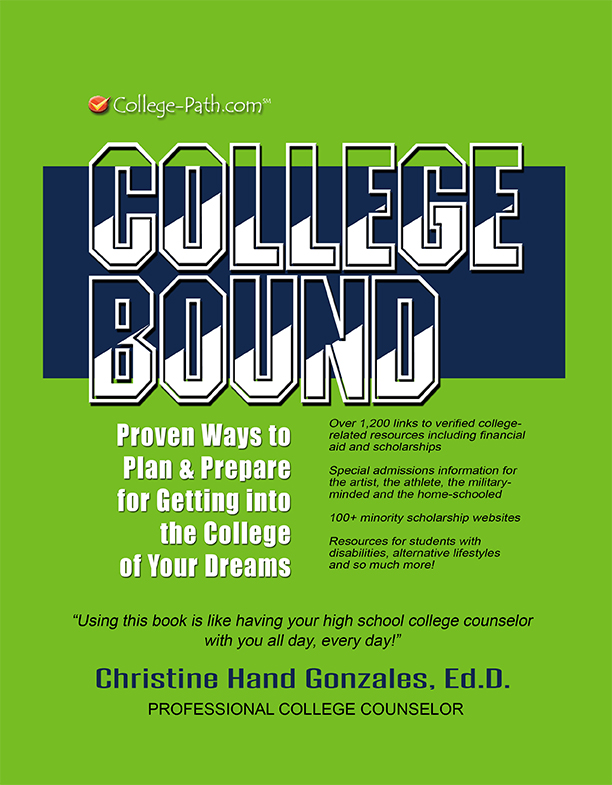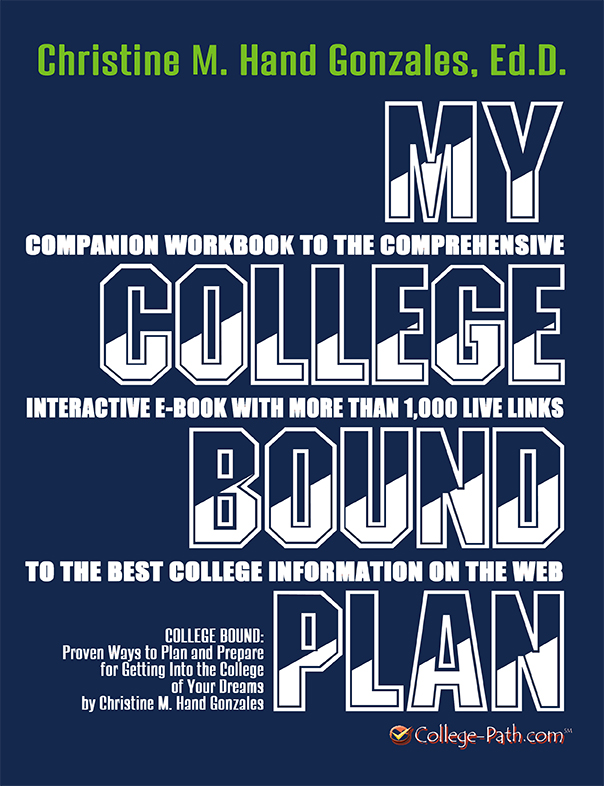BOOK REVIEWS CONTINUE!
 How to Impress Your Instructor Online: Quick Tips to Success for the Virtual Student – A Must-Read Guide For Anyone Thinking About Pursuing Their Degree Online!
How to Impress Your Instructor Online: Quick Tips to Success for the Virtual Student – A Must-Read Guide For Anyone Thinking About Pursuing Their Degree Online!
How to Impress Your Instructor Online: Quick Tips to Success for the Virtual Student by Harold T. Gonzales, Jr. Ed.D., is the essential resource guide for online students and a must-read for educators working with students in higher education settings. The author offers an overview of the keys to success for the virtual student as they delve into their online learning experience and provides tips to impressing their online instructor. The book covers a broad range of topics including learning styles, time management techniques, online etiquette and communication skills, evaluation, and the challenging problems of plagiarism and cheating. Every student who is currently taking online courses for credit — or is considering doing so — should order this no nonsense book for straight facts about participating in the online education experience.
Available for $4.99 in eBook format or as a Paperback for $9.99 on Amazon.com.
Free Reader Apps for Mac, PC, IPad and other devices – click here! Also available at College-Path.com, https://www.college-path.com/college-path-store too! Read reviews and more about the author by clicking here.










